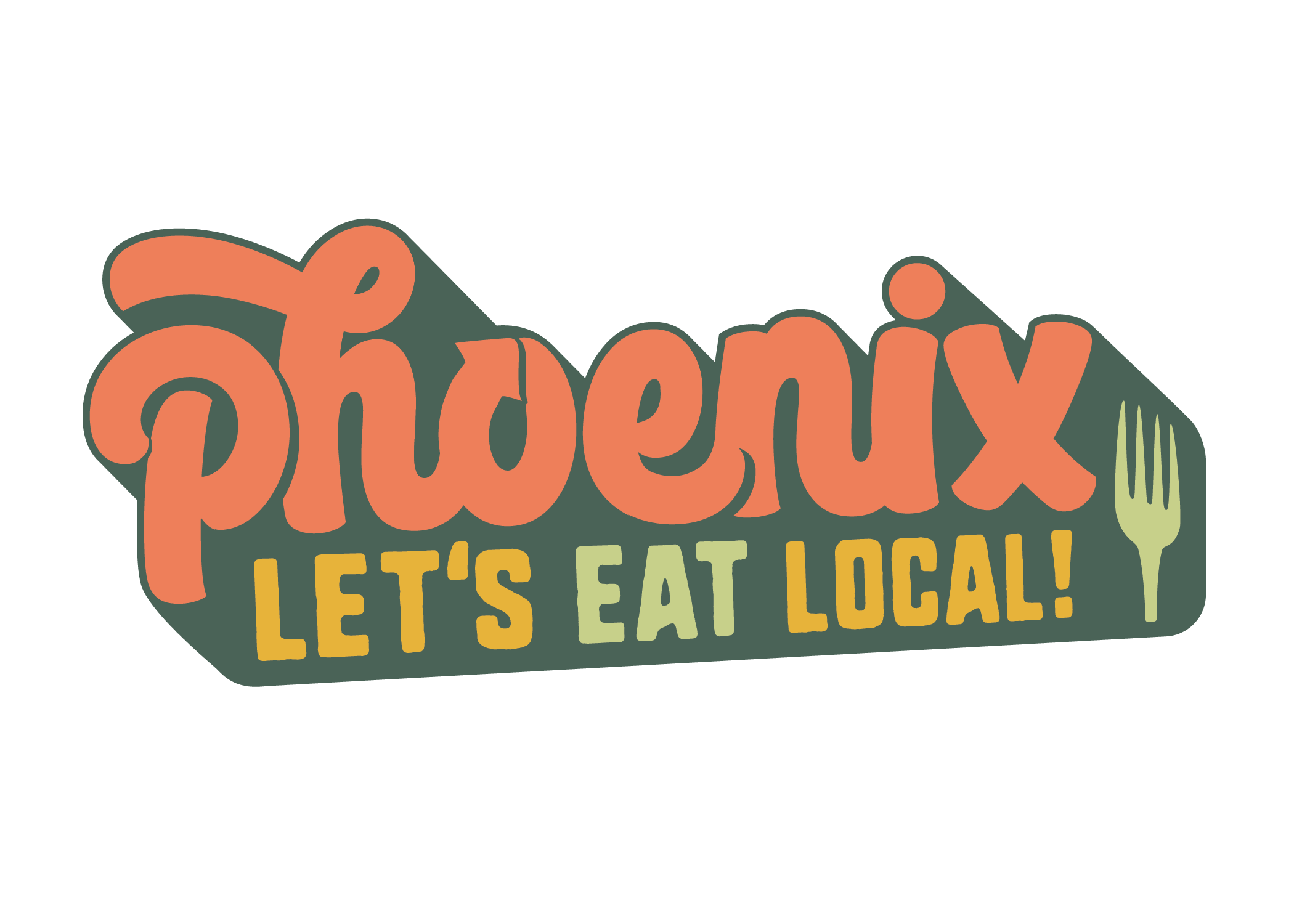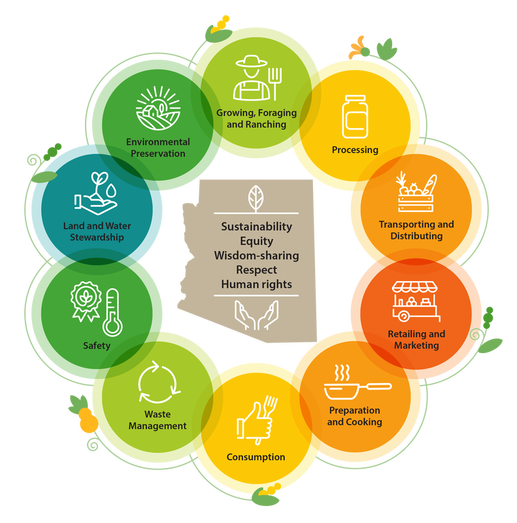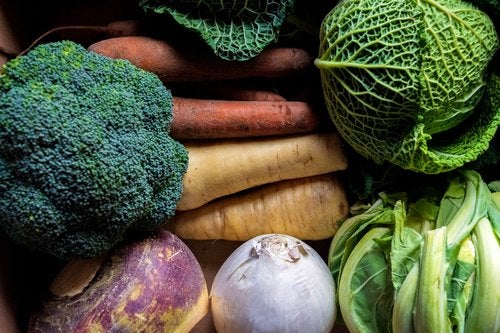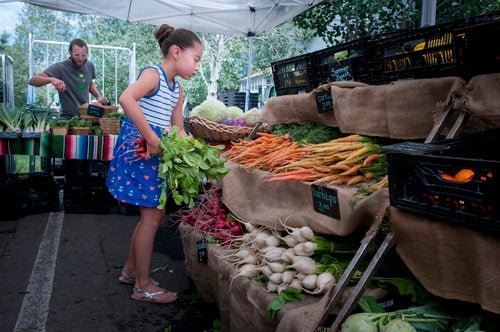The City of Phoenix website will undergo routine system maintenance on Saturday, January 31, 2026. While no major disruptions are expected, some services may be temporarily unavailable between 7:00 AM and 7:00 PM. If you experience any issues, please check back shortly. Thank you for your patience.
Phoenix: Let's Eat Local!

Phoenix is rooted in local food-- from your favorite neighborhood spot to the nationally touted chef-driven restaurant; the rancher and farmer who provide local meat, dairy, and produce to our communities; a backyard gardener who grows their own food and shares with their neighbor; to food justice advocates distributing healthy, fresh food in food-insecure neighborhoods. This is Phoenix's thriving local food culture. A resilient local community that loves and values where it lives. A city as diverse and vibrant as the residents who call it home. These strong, inclusive food hubs begin with hometown pride, community support, and making sure our local food businesses not only exist, but thrive!
Phoenix: Let's Eat Local! is a campaign that celebrates the connection between Phoenix residents and the makers, growers, and advocates building stronger food systems in our local food communities. It is an invitation for residents to learn about our local food communities, celebrate our diverse food pathways, and help our local food businesses become more resilient and robust for ourselves and for future generations.
Visit the Eat Local Neighborhoods below!

What is a Local Food System?
Local food systems are circular food production and consumption networks that operate within a limited geographic area. Put simply, food is grown, processed, prepared, eaten, and recycled (composted) in the same area.
Local food systems are built on ecological care, diversification, social justice, local economies, and resilient webs of production and consumption. This circular system reduces the dependence on a global, industrial food system and focuses on building resilient communities that increase trust and social connectedness between producers, farmers, and consumers.


Eat Local on a Budget
We've all heard it, "Local food costs way more" but is it true? From convenient ways to buy local groceries on a budget to supporting your neighborhood restaurant or farmer without emptying the piggy bank—here are five tips to get you started.
Learn More


Double Up Food Bucks
With Double Up Food Bucks, you can spend $1 with your active SNAP/EBT card and get $1 FREE to spend on fruits & veggies, dried beans, edible plants, and seeds at participating farmers markets and locations.
Learn More
